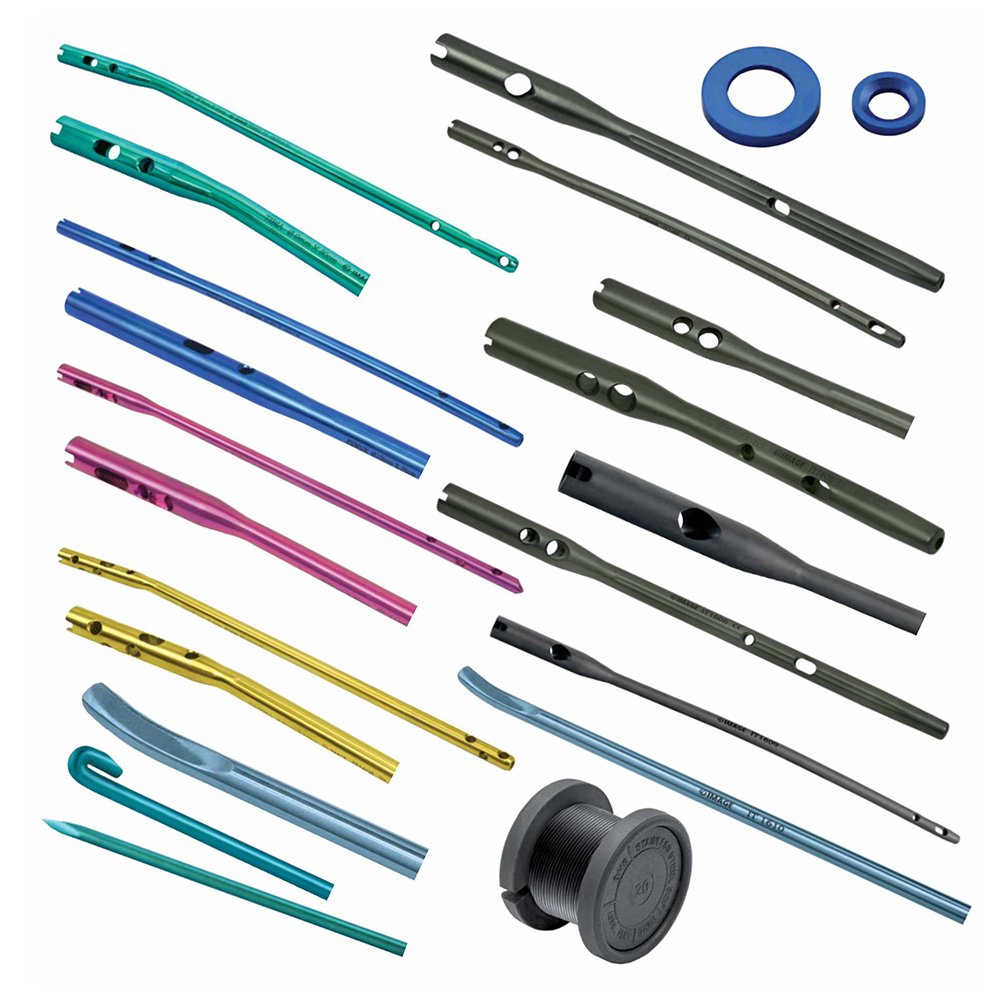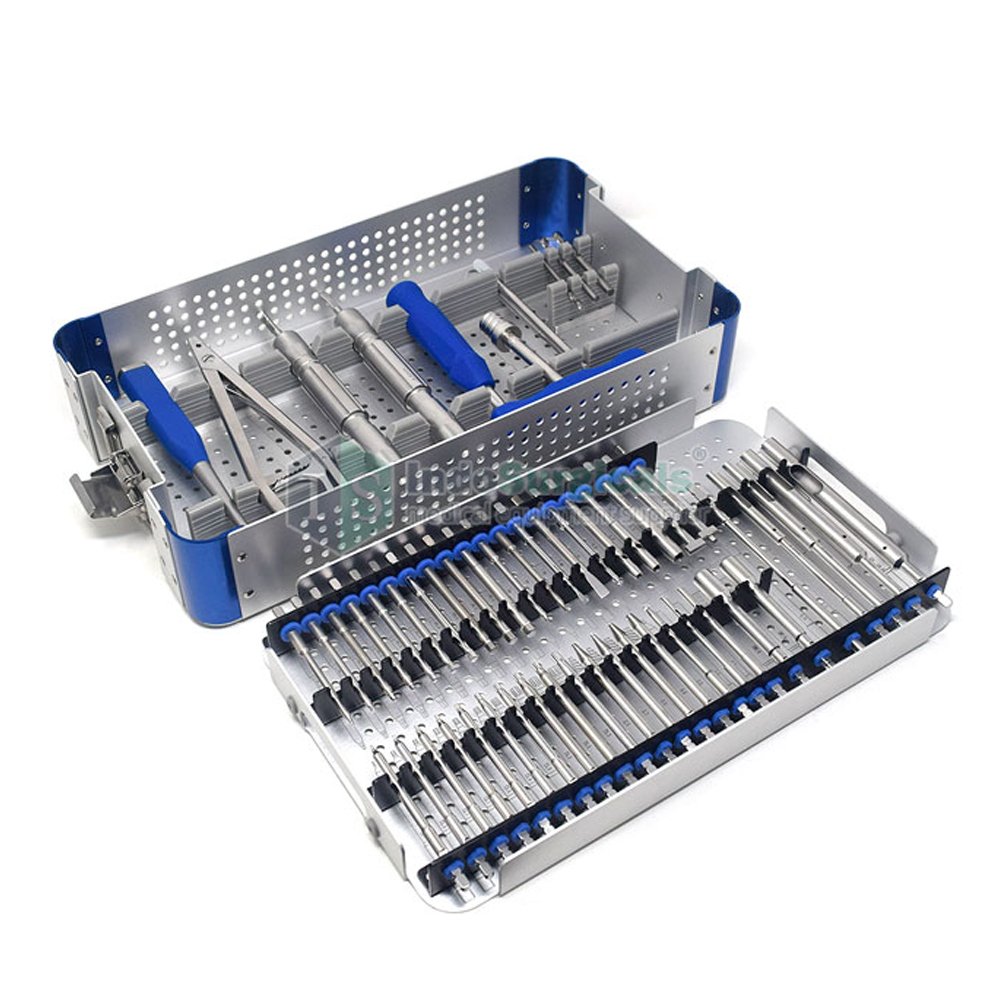Material Composition:
Titanium Alloy: Orthopedic nails are typically manufactured from titanium alloy. Titanium offers a combination of high strength, low density, and excellent biocompatibility. This material is chosen to minimize the risk of adverse reactions and to support bone integration.
Intramedullary Fixation:
Orthopedic nails are designed to be inserted into the medullary canal (inner cavity) of long bones. This intramedullary fixation provides stability to the fractured bone and allows for load-sharing during the healing process.
Types of Orthopedic Nails:
Antegrade Nails: Inserted in the direction of the normal alignment of the bone, commonly used for femoral fractures.
Retrotgrade Nails: Inserted in the opposite direction, often used for certain hip and femoral fractures.
Intramedullary Interlocking Nails: Feature holes for the insertion of locking screws, providing additional stability.
Locking Mechanism:
Some orthopedic nails include a locking mechanism, allowing for the insertion of locking screws into the nail. This feature enhances stability and prevents rotation or movement at the fracture site.
Diameters and Lengths:
Orthopedic nails are available in various diameters and lengths to accommodate the anatomical variability of patients and the specific requirements of different fractures.
End Caps and Inserts:
Some nails come with end caps or inserts that allow for the attachment of instruments or implants, facilitating the surgical procedure and ensuring proper alignment.
Spiral Blades or Fins:
In certain designs, nails may feature spiral blades or fins to provide rotational stability and prevent rotation of the fractured bone segments.
Biocompatibility:
Titanium’s biocompatibility is a critical factor in the design of orthopedic nails. This property reduces the risk of inflammation or rejection and supports bone healing.
Radiopacity:
Titanium nails are often radiopaque, allowing for easy visualization on medical imaging such as X-rays.
Sterilization:
Orthopedic nail systems are sterilized before use to maintain aseptic conditions in the surgical environment.
Advantages of Titanium:
Biocompatibility: Titanium’s biocompatibility minimizes the risk of adverse reactions.
Strength: Titanium provides the necessary strength for load-bearing applications.
Corrosion Resistance: Titanium resists corrosion in biological environments, contributing to long-term stability.






Reviews
There are no reviews yet.